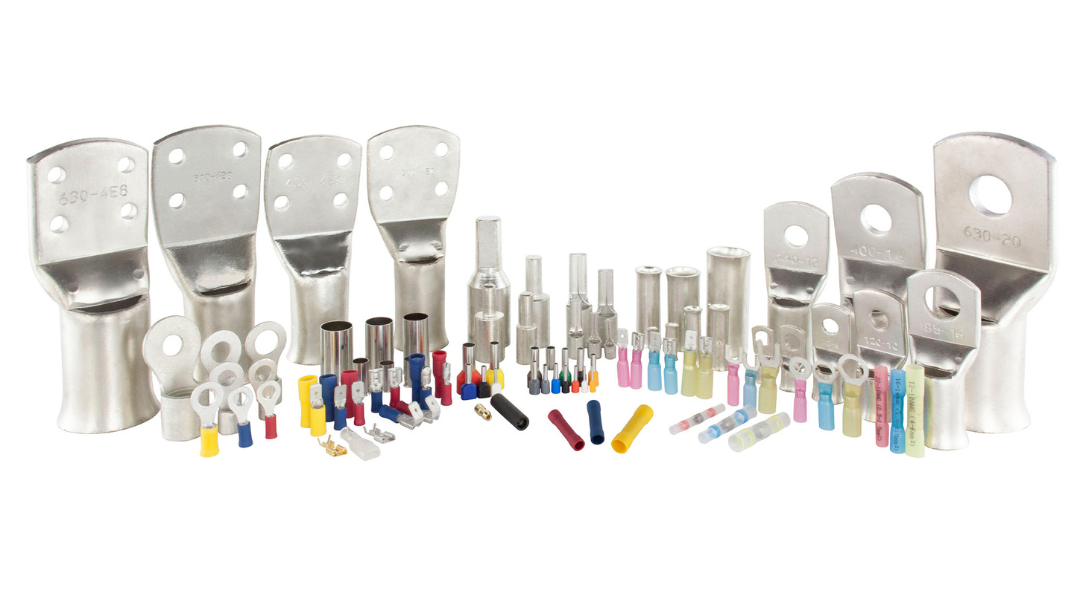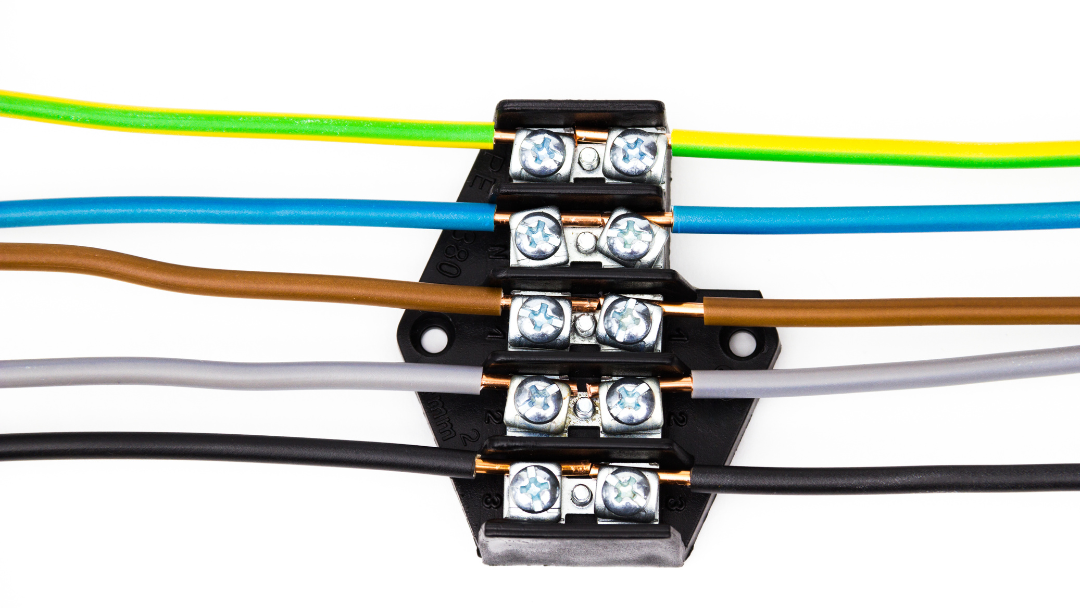Choosing the right electrical connector is often the first step to a job well done, ensuring optimal performance, safety and durability. But how do you know which one is best for your project?
Torn between spade connectors and ring terminals? Don't worry. This guide runs through the different types of electrical connectors, their common applications and key questions to ask yourself before making a purchase.

What are electrical connectors?
Put simply, electrical connectors join wires, cables and other components of a circuit – either temporarily or permanently. When done correctly, they create a conductive path for electricity in automotive and marine repairs, battery systems and more.
It's important to note that electrical connector is an umbrella term covering everything from spade terminals and waterproof connectors to ferrules and butt connectors. Some are designed for crimping – others for screwing and soldering.
One of the key differentiators is often the material used – metal for the conductive core and plastic, rubber or silicone for the insulation. We'll touch on this below.
Related reading: How to Solder
Main types of electrical connectors
So, what are the different types of electrical connectors? Let's explore some of the most commonly used options.
Ring terminals
As the name suggests, ring terminals have ring-shaped ends designed to fit securely over screws, studs and terminal posts. You can purchase either fully insulated or uninsulated options, depending on the job requirements.
Common applications include connecting wires in battery storage systems.
Spade terminals
Spade terminals feature a flat, fork-shaped design that allows for quick attachment and removal. Because of this, they're commonly used in HVAC systems, which require frequent inspections and maintenance.
Butt connectors
Butt connectors splice two wires together, typically in automotive repairs. Simply insert the stripped wire ends into the electrical connector and securely crimp with a quality crimping tool.
Quick disconnect terminals
Also known as push-on connectors, quick disconnect terminals are ideal for components that require frequent disconnection, such as control boards in industrial machinery and marine electronics.
Cord end terminals / ferrules
Ferrules are small metal connectors used to terminate the ends of stranded wires. They are a type of cord end terminal – a broader category that also includes insulated and uninsulated plastic connectors.
Both ferrules and other cord end terminals prevent fraying and ensure a reliable connection between the wire and terminal block.
Common applications include terminating wires in lighting setups and solar panel wiring.
→ View GTSE Cord End Terminals
Waterproof crimp connectors
Waterproof connectors are specifically designed for marine and outdoor environments. There are various types of protective layers to choose from, including gaskets, O-rings and heat-shrink tubing.
Choosing the right connector
If you're still unsure about the best wire connectors for home or automotive wiring, consider the following factors before making a purchase.
- Wire gauge compatibility – Does the electrical connector match the size (gauge) of the wire?
- Insulation type – Different insulation types serve specific purposes. For instance, heat shrink provides excellent waterproofing, while nylon is resistant to chemicals and abrasion.
- Crimp vs solder – Some connectors require crimping, others soldering or screwing. Always check the manufacturer's guidelines before starting work.
- Indoor vs outdoor use – Is your electrical connector for inside or outside use? This will inform the type of insulation you choose and installation method.
- Reusability – If you envision needing to use your connector again, you should choose something that's easy to disconnect and highly durable, such as quick disconnect terminals or spade connectors.

Browse electrical connectors that won’t let you down
Whether you're working on an automotive repair or marine installation, choosing the right electrical connector for your job requirements will guarantee a successful installation.
For more inspiration, explore GTSE's comprehensive range of high-quality electrical connectors and crimping tools today.

